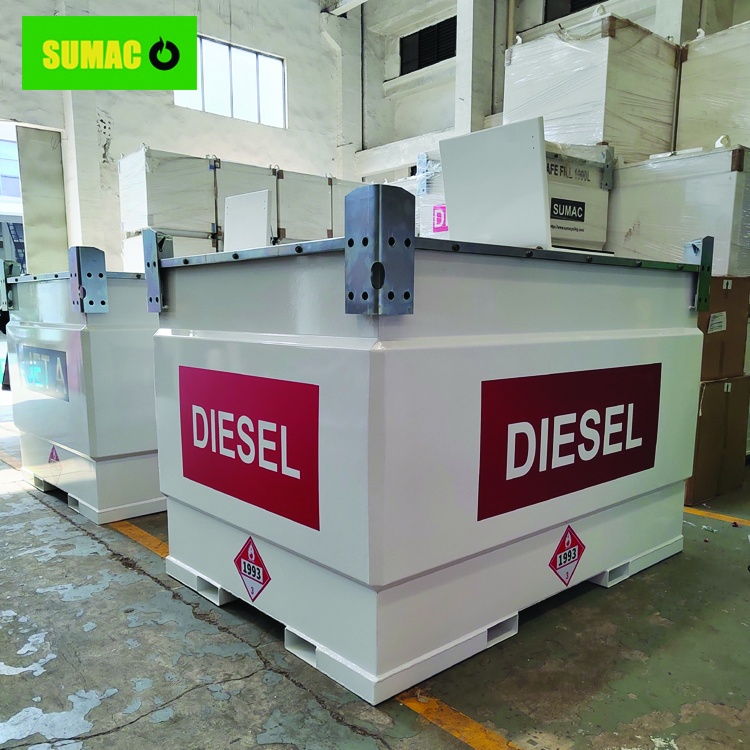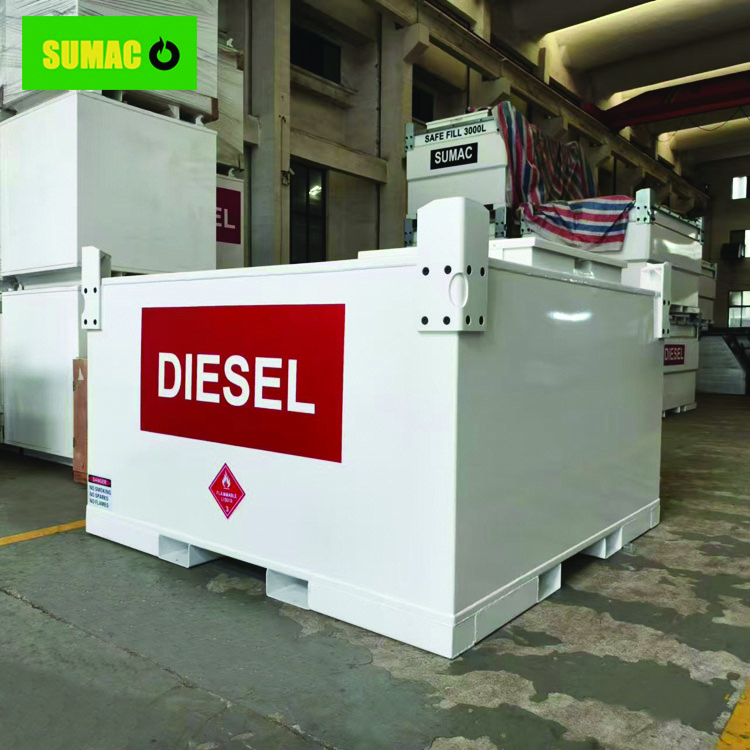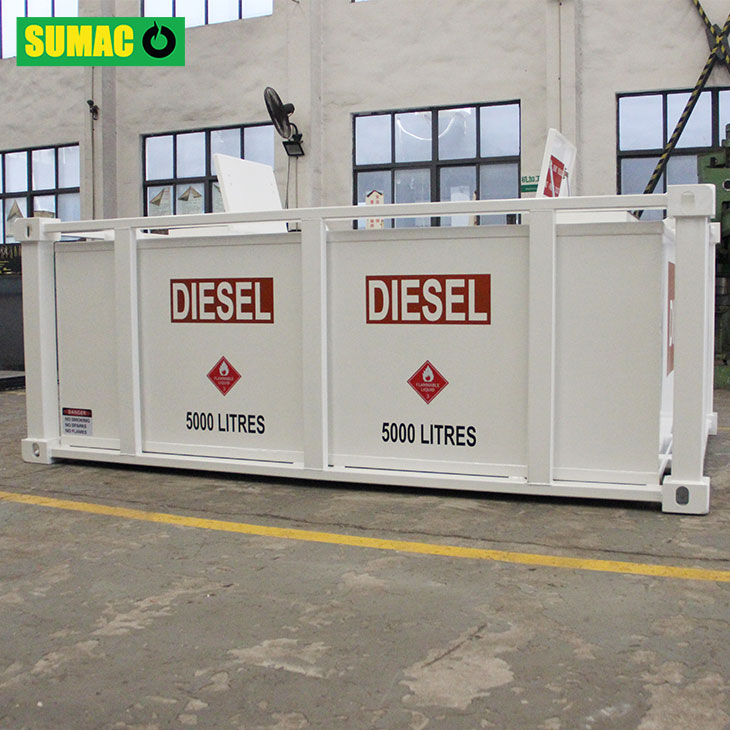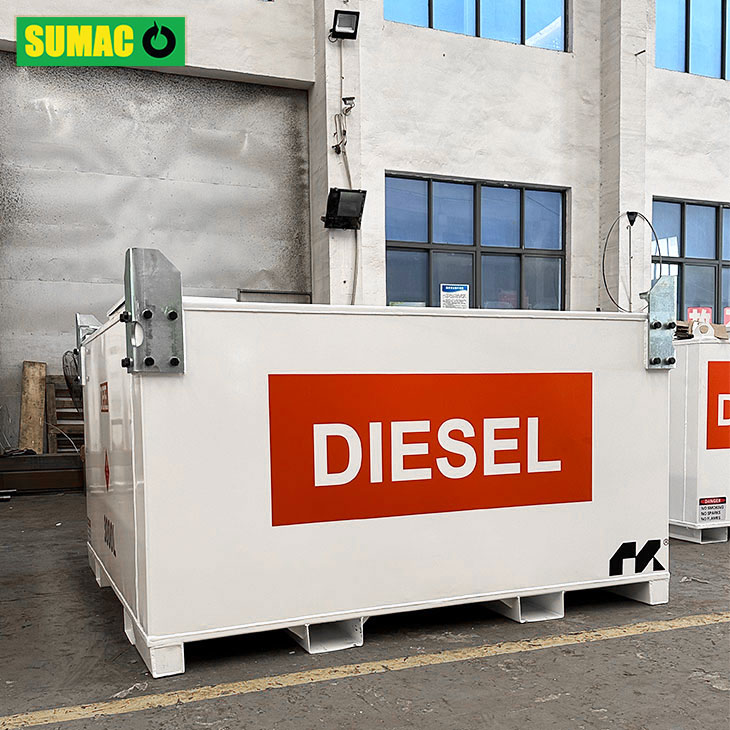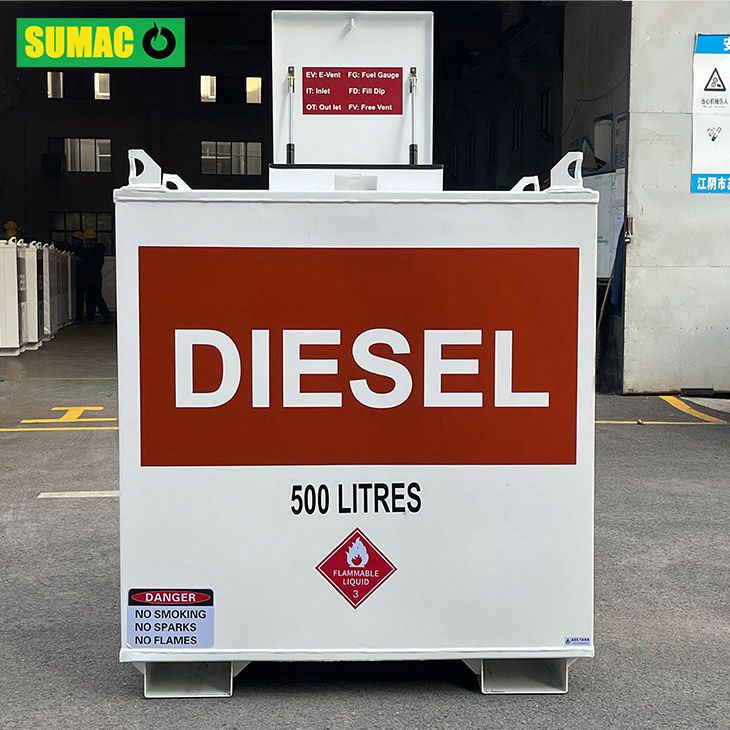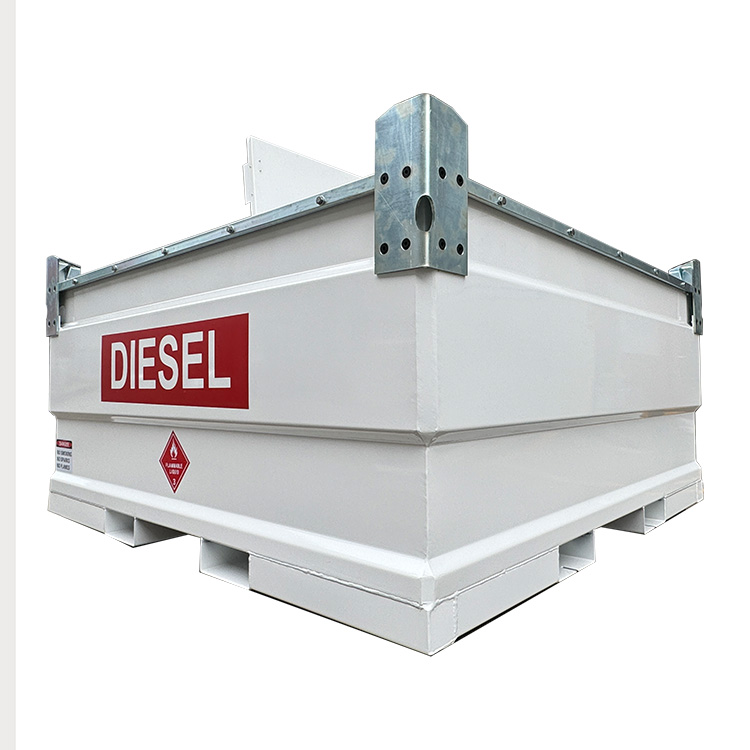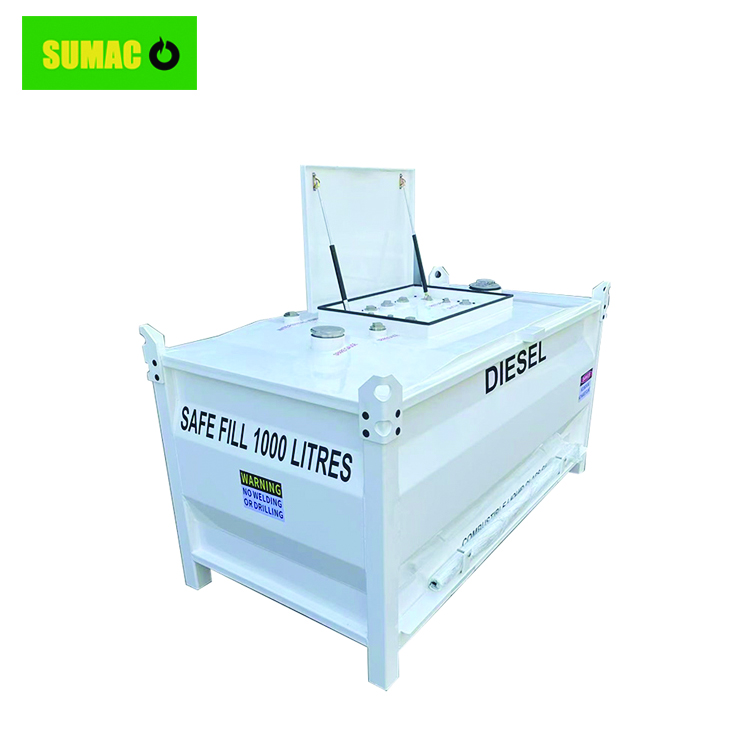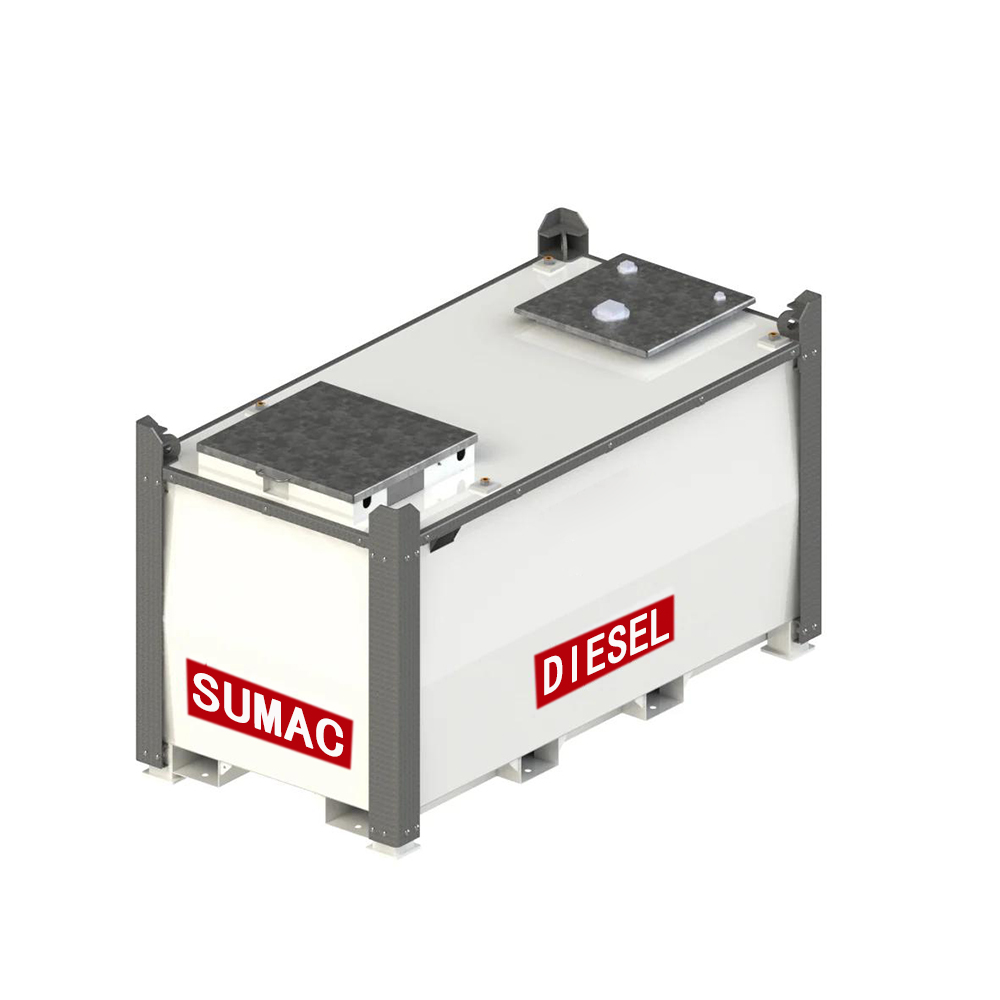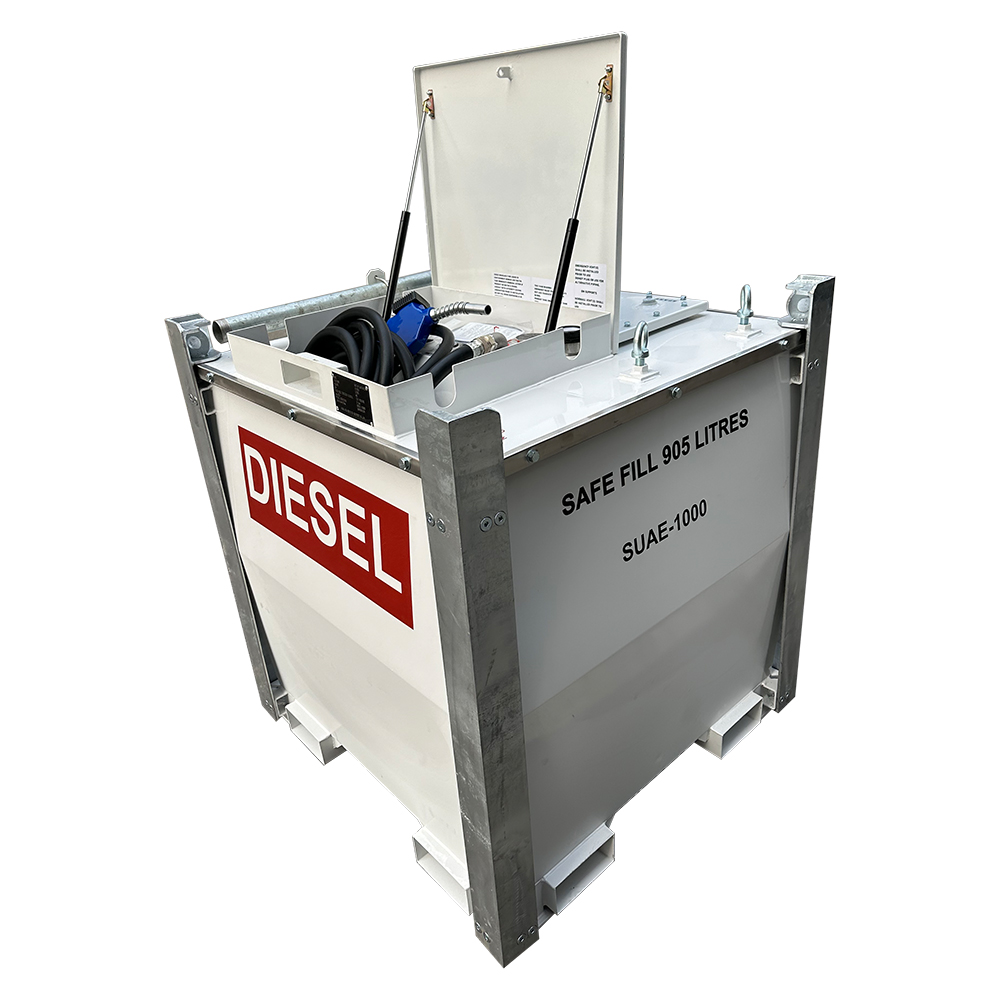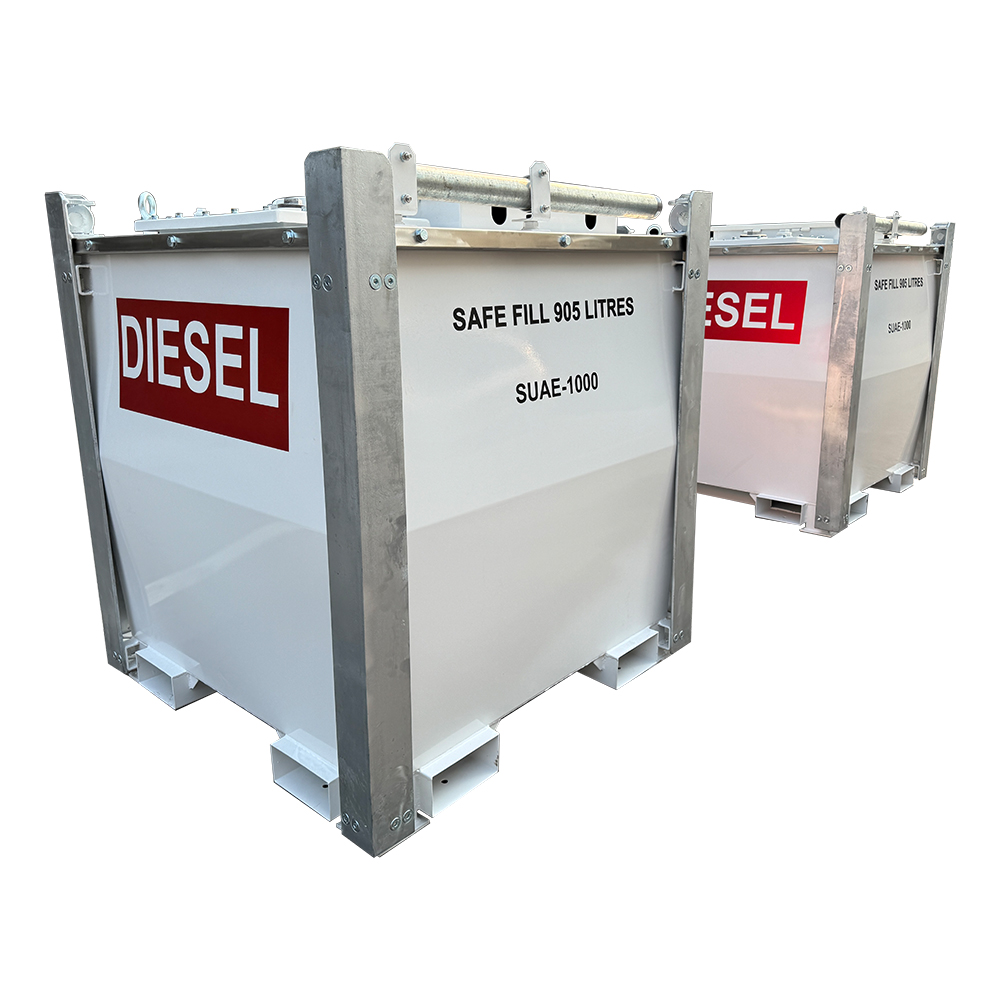-
How to realize overload protection of storage fuel tanksJan 10, 26Overload protection for storage fuel tanks is critical to avoid structural damage, leaks and safety hazards that can arise from excessive load...
-
What are the pressure regulation methods for storage fuel tanksJan 10, 26Pressure regulation for storage fuel tanks is a critical practice to maintain operational safety, protect tank integrity and comply with industry standards...
-
How to test the sealing performance of storage fuel tanksJan 10, 26Testing the sealing performance of storage fuel tanks is a critical step to ensure operational safety, prevent fuel leakage and avoid environmental contamination...
-
Which scenarios are storage fuel tanks suitable forJan 10, 26Storage fuel tanks serve as essential infrastructure across diverse industries, providing reliable containment for various fuel types while ensuring safety, efficiency and compliance with industry standards...
-
What are the core functions of a storage fuel tankJan 10, 26A storage fuel tank serves as a fundamental component in various fuel supply systems, undertaking multiple core functions that ensure the stable and safe operation of related equipment and processes....
-
How is the thermal insulation performance of Gasoline Transfer TanksJan 09, 26The thermal insulation performance of gasoline transfer tanks varies depending on design purpose, material selection, and whether additional insulation structures are equipped, and cannot be generalized....
-
Can Gasoline Transfer Tanks be used for diesel transferJan 09, 26Whether gasoline transfer tanks can be used for diesel transfer depends on multiple factors, including material compatibility, structural design, and compliance with safety standards, and cannot be simply affirmed or denied....
-
What are the maintenance key points of Gasoline Transfer TanksJan 09, 26The maintenance of gasoline transfer tanks is crucial to ensure their safe and stable operation, and the key points mainly focus on regular inspection, proper cleaning, and effective protection of key components....
-
What are the material requirements for Gasoline Transfer TanksJan 09, 26The material requirements for gasoline transfer tanks are strictly defined based on the flammable, volatile and corrosive properties of gasoline, with the core goal of ensuring safe storage and transfer, as well as long-term stable operation...
-
What is the function of a Gasoline Transfer TankJan 09, 26A gasoline transfer tank serves multiple core functions in gasoline storage and transportation scenarios, playing an indispensable role in ensuring the safety, efficiency and convenience of oil product handling...

